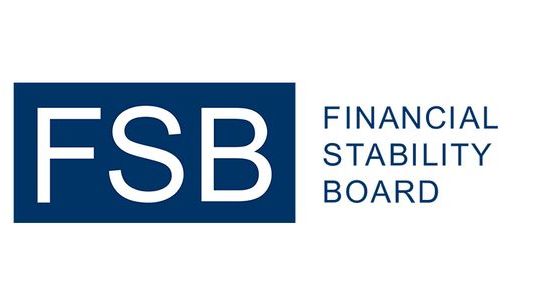The future of non-bank lending in Europe
By Jiri Krol, Deputy CEO, Alternative Credit Council
Published: 21 March 2019
The Alternative Credit Council’s (ACC) Jiri Krol writes about the launch of our white paper on Non-bank lending in the European Union in Paris and the reception it received from policymakers
Supporting the growth of the European market for private credit is a core objective for the ACC. To mark the publication of our white paper, we held a roundtable discussion in Paris on 20 February. This event gave policymakers the opportunity to engage with private credit managers, representing almost the full breadth of our membership, on the issues we highlight in the paper.
What transpired was extremely encouraging. Manager members covered the key trends in direct lending in Europe and France in particular. The market continues to grow strongly in a number of different areas with corporate and real estate lending among top two strategies cited. Local managers keenly await final changes to the tax regime related to the newly introduced direct lending vehicle (Organisme de Financement Specialise) and signalled intention to avail themselves of this product offering.
Away from the local market, there was also a lively debate to what extent an EU initiative in the loan funds space could be of assistance in dismantling remaining barriers to non-bank finance in Europe. Although managers agreed that an ideal solution could involve some level of harmonisation, most have, by and large, accepted that the experience with the European Long Term Investment Fund (ELTIF) has shown the work on regulatory improvement needs to start at the Member State level rather than in Brussels. The issues highlighted from treatment of local SPVs, to leverage restrictions or the treatment of non-bank lenders through to tax issues cannot be easily tackled in a single piece of EU asset management regulation.
This constructive exchange of views also highlighted how these issues are part of a broader dialogue that continues to take place between our industry and policymakers. This is taking place at multiple levels that span both policymaking institutions and different legislative pathways. The EU Commission’s review of AIFMD, IOSCO work on leverage, FSB work on financial stability and ESMA consultation on liquidity were cited as current examples. My own key takeaway was that the ACC must continue being present across all these tracks. This will ensure that policymakers receive a consistent message and we mitigate the risk of overlapping policy measures being developed in isolation.
It is our intention that this event will be the first in a series of roundtables taking place across Europe to do just that. I hope that you will support us in our ongoing efforts to shape the future of non-bank lending in Europe. I would like to extend my thanks to Allen & Overy for their support with the white paper and for providing such an excellent venue. Thank you also to our members for sharing their insights in such an open and constructive manner.









